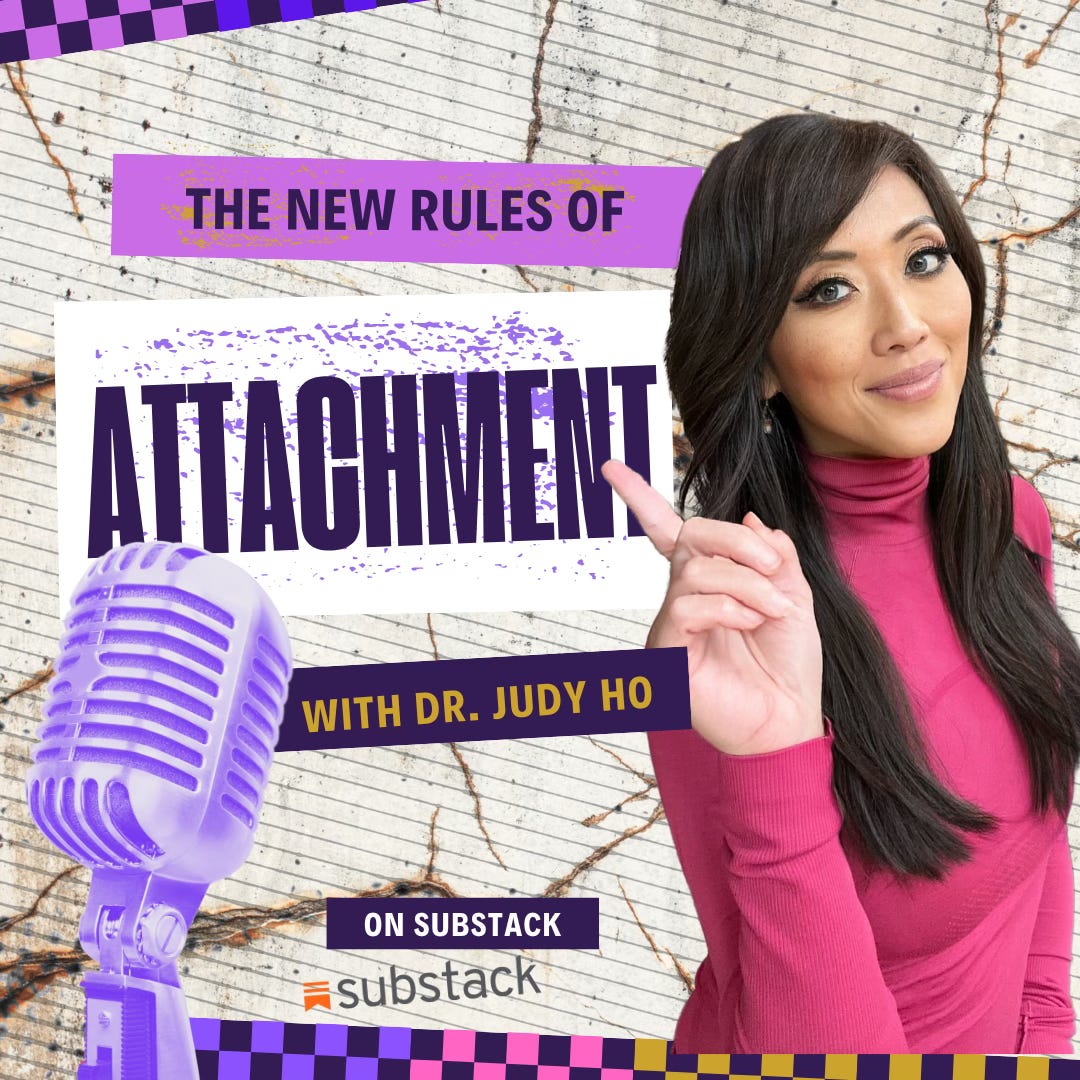Have you ever been lying in bed, scrolling through Instagram or TikTok, or hear a friend talking about what they’re planning to do this weekend, and suddenly it feels like everyone else is living a better life?
Their vacations look effortless. Their friendships look deep. Their careers? Thriving.
Meanwhile, you’re in your sweatpants, battling inbox fatigue, wondering if you’re doing something wrong.
That sinking feeling? That’s FOMO—the Fear of Missing Out. And while it might sound like a catchy acronym, it’s actually a deeply human experience that hits at the heart of how we’re wired: to belong, to be included, to matter.
We’ve all felt it. But what most people don’t realize is how much FOMO is not just a feeling—it’s a full-brain experience that can quietly erode your confidence, decision-making, and mental well-being. Dive in deeper by listening to the latest episode of Mental Health Bites - right here in substack, on Apple, or Spotify),
What’s Really Going On in Your Brain
FOMO usually shows up as a subtle sense of unease. You might feel restless, irritable, regretful. You start second-guessing your choices, wondering if you should have said yes to that invite, signed up for that course, taken that job.
But here’s the wild part: your brain treats FOMO like a real threat.
When you see someone else enjoying something you’re not part of, your reward system kicks in—specifically the dopamine pathway that craves novelty and pleasure. At the same time, your fear circuitry activates. Your amygdala registers it as a social loss. Your brain doesn’t just think you’re missing something fun—it thinks you’re being left behind.
Even more intense? Research shows that social exclusion activates the same brain regions as physical pain. That pang in your chest? It’s not just in your head. It’s neural.
And because dopamine is involved, your brain keeps chasing more. More updates. More posts. More chances to belong.
Why Social Media Makes It Worse
FOMO loves visibility—and social media gives it a 24/7 stage.
Every scroll is an invitation to compare. But we’re not comparing reality to reality—we’re comparing our behind-the-scenes to someone else’s highlight reel.
That’s a losing game every time.
And if you already feel lonely or unsure of yourself? That just makes the pull stronger. Studies show people with lower satisfaction of basic psychological needs are more likely to use social media to fill the gap—and yet it often makes them feel even emptier.
Even your attachment style plays a role. Anxiously attached people are more sensitive to exclusion and may be more prone to checking social media for reassurance… only to end up feeling worse. And even securely attached folks aren’t immune when their sense of connection or confidence takes a hit.
Try This When FOMO Strikes
Here’s a simple mindset tool I use with clients—and with myself.
I call it the Focus Filter. When FOMO starts to bubble up, ask yourself:
1. Is this meaningful to me?
Would this event or opportunity actually align with my goals or values?
2. Am I seeing the full picture?
Social media is edited. You're not seeing the loneliness, the exhaustion, or the trade-offs behind that perfect moment.
3. What do I need right now instead?
Maybe it's rest. Maybe it's presence. Maybe it's a reminder that you're already enough.
And here’s the reframe I love:
Instead of thinking, “I’m missing out,” try saying,
“I’m choosing in.”
Choosing in to peace. To presence. To what actually matters to you.
🎧 Want More?
In the latest episode of Mental Health Bites, I dive into:
What happens in your brain during FOMO
Why your attachment style makes you more (or less) vulnerable
How public figures like Billie Eilish and Tom Holland manage social media spirals
And the practical tools you can use to stop the comparison loop before it takes over
🎧 Listen now → here in substack, on Apple, or Spotify),
💌 And if this helped, forward it to a friend who needs a little peace this week.
Please share this newsletter with someone who you think might benefit.
Here’s to Your Health,
Dr. Judy
Order The New Rules of Attachment here: https://bit.ly/3MvuvvF
Take my attachment styles quiz
About me:
Dr. Judy Ho, Ph. D., ABPP, ABPdN is a triple board certified and licensed Clinical and Forensic Neuropsychologist, a tenured Associate Professor at Pepperdine University, television and podcast host, and author of Stop Self-Sabotage. An avid researcher and a two-time recipient of the National Institute of Mental Health Services Research Award, Dr. Judy maintains a private practice where she specializes in comprehensive neuropsychological evaluations and expert witness work. She is often called on by the media as an expert psychologist and is also a sought after public speaker for universities, businesses, and organizations.
Dr. Judy received her bachelor's degrees in Psychology and Business Administration from UC Berkeley, and her masters and doctorate from SDSU/UCSD Joint Doctoral Program in Clinical Psychology. She completed a National Institute of Mental Health sponsored fellowship at UCLA's Semel Institute.

















Share this post